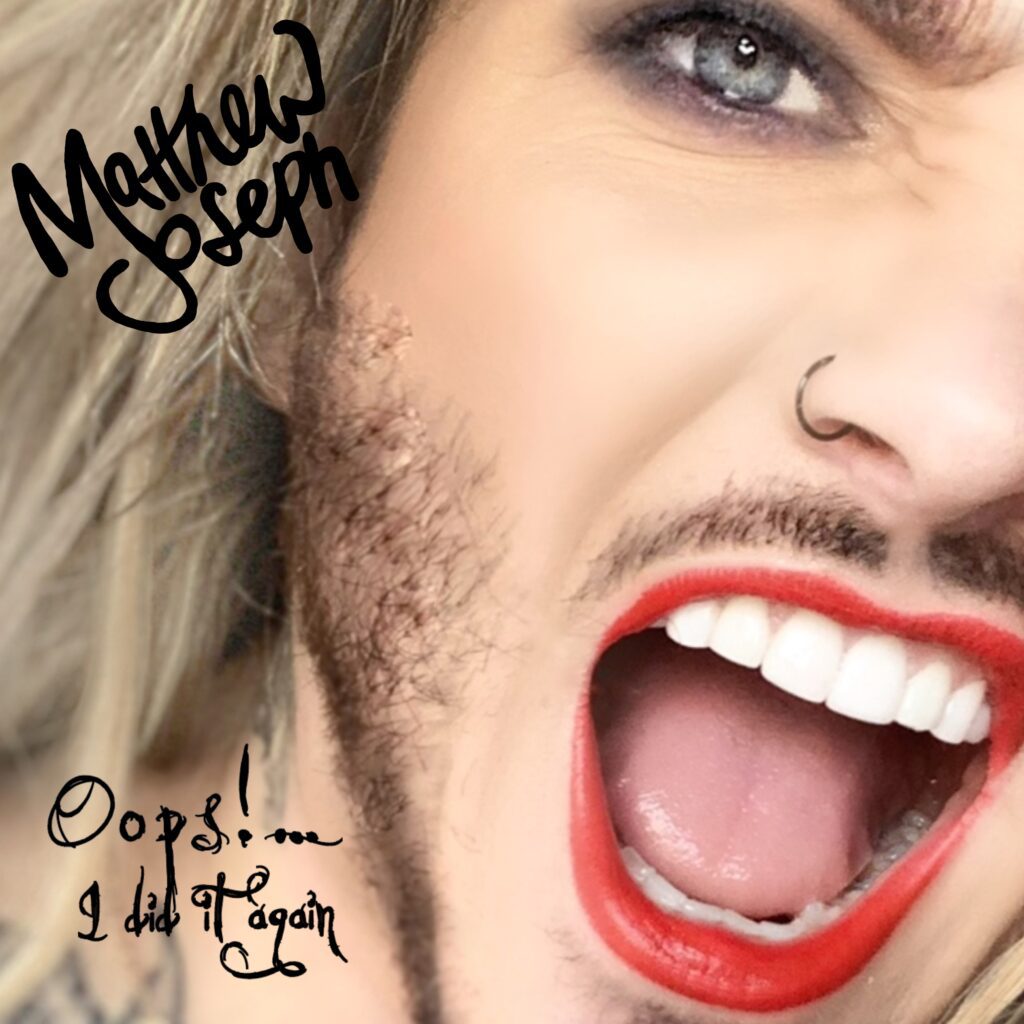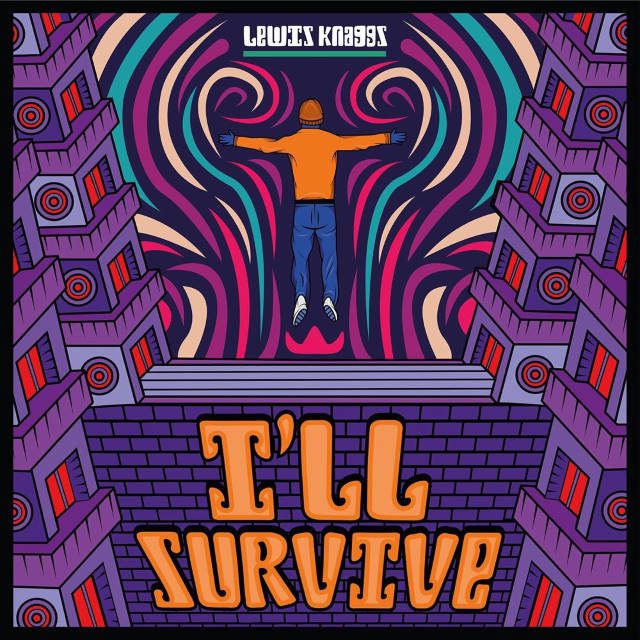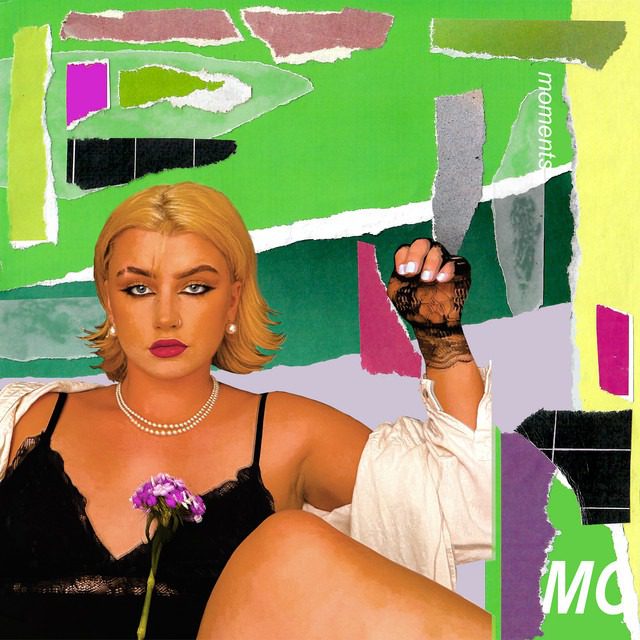
‘It’s a hallucinatory experience!’: musicians on the awesome creative power of motherhood
The year my son was born, I spent a lot of time walking laps of my small ground-floor flat in a milky, slightly hysterical state of sleep deprivation, listening to a set of instrumental albums by Raymond Scott from 1962 called Soothing Sounds for Baby. YouTube helpfully let me put them on repeat, between scratchy loops of synthetically produced white noise.
“Yes! I listened to Soothing Sounds for Baby too!” says Natasha Khan, AKA Bat for Lashes, whose daughter, Delphi, is now three. “Delphi grew up on instrumental and ambient music – a lot of synthy 80s stuff and Japanese composers.” Khan’s new album, The Dream of Delphi, is her own sonic celebration of those sleepless days in early motherhood, with tracks such as The Midwives Have Left, Her First Morning and Letter to My Daughter. “It’s such a hallucinatory, liminal experience that documenting seems to be the only thing you can do,” she says as we video-call on our sofas, talking about the psychedelic transformation that is motherhood.
The Dream of Delphi is a multi-textured album that moves through warm, lo-fi synth melodies to big symphonic soundscapes. The accompanying music videos include choreography clearly influenced by the actions and repetitions of looking after a baby. Khan has also produced a tarot deck and is working on a novella, both of which touch on motherhood. She has been productive, I note. Khan laughs. “There was almost this rubber band effect. The desire to make something would build and build, because I wasn’t able to get to it [amid parenting], then it would burst forth in these very concentrated, fruitful spurts,” she explains. “It gave a potency to the work that I haven’t had for years. There was also a depth I’ve never experienced before. You’re so 100% in it that all you can do is be vulnerable and open and love. I wanted to be blown open, and made to fully embrace something that makes you so raw. You see that your heart is fathoms deeper than it ever was.”
Much has rightly been made of the difficulties musicians face when they become mothers: the touring, the life-juggling, the sexist attitude that you’ve become too old for pop. Groups such as Bristol-based Mothers in Music are doing vital work around networking and supporting women who want to carry on. But there has been less focus on the kind of inspiration Khan is talking about: the creative power of motherhood. And as the music industry is prised apart to allow space for more female artists, producers, songwriters and DJs, more women are using it as a direct wellspring for their craft.
Not that it’s always easy. “I did have some slight worries about how my fans – and promoters – would respond to me becoming a mother,” says Berlin-based techno artist Logic1000, AKA Samantha Poulter. She wrote her new album Mother – a slippery mix of big-chord electronica and melancholy acoustic-tinged tunes – after the birth of her daughter, Genie. “There aren’t that many visible artists with kids,” she says. “But I thought: ‘I’m just going to do it anyway.’” She recorded a chill mix for the BBC when she was just six days post-partum. “I was really, really inspired to create something: music, a record, an album. Because I felt that I’d achieved something amazing in creating Genie, and I was so in love with her. I had all this emotional energy and inspiration,” says Poulter.
“But then at the same time, I kept forcing myself to do things that I really wasn’t ready to do. There wasn’t pressure from my team or anything, but from within myself.” In the end Poulter had to take 10 months off touring as a sort of reset. “I got a lot of therapy, to work on earlier trauma but also so I could focus on figuring out managing motherhood with music.” Out of that experience came not only the album Mother but also a new podcast, Therapy, in which Poulter talks to creative people who believe that you can simultaneously be a mother and an artist. “Being multi-dimensional like that is very aspirational to me,” she says. “Obviously Genie is the most important thing in my life but you can also compartmentalise things. You have time in your day for your art or social time or whatever.”
That compartmentalising is something that Sara Quin of Canadian indie duo Tegan and Sara has been exploring since having her son, Sid, with her wife in 2022. “My son loves when we sing to him,” says Quin, speaking to me from a hotel reception. “Recently, I was about to come out on this tour, which would mean we were separated for 10 days, so I wanted to make him a video of me singing Bruce Springsteen’s Thunder Road, which for some reason I can still remember every word to.” It ended up taking three days to make, and gave Quin pause. “The time I used to be creative – by which I mean usually alone – is so limited now that when I am alone and being creative I find myself asking if I’m borrowing time against being with my son.” But away from the logistics of dividing heart and time, she has found motherhood “very inspiring. This is another way to view myself and my creativity, through an entirely different person.”
Another queer parent, Katie Harkin – a solo artist who has also played with Sleater-Kinney and Courtney Barnett as well as her own band, Sky Larkin – has gone through the distinct experience of becoming a bereaved parent. Her first daughter, Alba, was stillborn. After brilliant care from a team of bereavement midwives, Katie and her wife decided to try again. “The science of it all is completely incredible,” she explains from her home in the Peak District. “I had made embryos and my wife wanted to be pregnant again, so we made the decision that she would try to carry – and it worked. Then she was pregnant and you have months of scans and things that all feel a bit abstract. There were times when I was scared I was going to lose them both.” Being separated from her unborn daughter while on tour, “even for the most amazing opportunity, was incredibly challenging. But now our daughter Tess is here and, like, she has my dimple. The things that seemed theoretical are now miraculous.”
Has that sense of the incredible changed the way she approaches her work, or has she always been open to the extraordinary? “I don’t think of it as a separate room that I’ve been given the key to,” she says. “Family in general has been an important part of my life, whether that’s the family I’ve made with my wife, the family I was born into, or the making of creative and chosen families. I think it’s strange to see it as so separate to creativity. At base level, we’re talking about community.
“Having a child is an act of collaboration and that’s the thing I’ve learned from my career, too – whether that’s texting musicians that have gone through something similar to me, or passing on advice. Like, Alan [Sparhawk] and Mimi [Parker] from Low told me to get one of those pop-up tents for kids because backstages are reliably disgusting, so it’s at least a few square foot without broken glass or anything sticky.”
As a young woman, one of my few, early musical touchstones for motherhood was Neneh Cherry dancing on Top of the Pops, seven months pregnant, to Buffalo Stance. I remember gazing at Cherry’s round belly beneath a big gold medallion and thinking it was the coolest thing I had ever seen. Khan, meanwhile, remembers, “listening to Björk’s Debut album when I was like, 12, and hearing her child babbling on One Day, thinking she was such a cool mum and that was so aspirational.” Sure enough, Khan carried Delphi inside her on a European tour.
after newsletter promotion

Things were not always so easy for pregnant musicians. According to Peter Benjaminson’s book on Mary Wells, the singer made famous by hits such as My Guy and You Beat Me to the Punch was allegedly forced by her husband Herman Griffin to get two abortions for the sake of her career. Joni Mitchell’s song Little Green was inspired by her decision, as a poor, unhappy folk musician in 1966 in Toronto, to have her daughter adopted. And the aforementioned difficulties of juggling the manual, emotional and physical labour of child-rearing with the music remain. “We toured with Sid when he was four months,” says Quin. “There were lots of practical things that I was just kind of left to get on with. Like, ‘Where do we put him on the bus?’”
It’s a bigger conversation – and it impacts fathers, too (an issue the Guardian has previously explored). But speaking to these mothers, I have a sense of things getting better, and of motherhood opening up creative avenues that might otherwise have gone unexplored. “I had this warped idea that when you became a mother, that was your whole world and you couldn’t have a life outside of it,” says Poulter. “But actually, Genie inspires me. Being a mother gives me a lust for life and experience. I have more motivation and confidence. I’ve always had a very sure idea of what I like and don’t like, but recently I’ve had the confidence to explore outside of what I’d usually listen to. I’ve been listening to a lot of ML Buch, some shoegaze stuff, newer R&B. There’s this thirst I have now to find new artists.”
For Khan, the biggest lesson was about surrender. “What I found really helpful to my musical output and method was just how I had to step back and let go,” she says, comparing it to labour and giving birth itself: “If you can be brave enough to surrender entirely to the process, then it can flow.”




